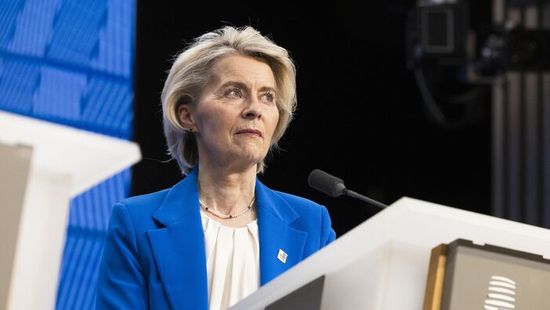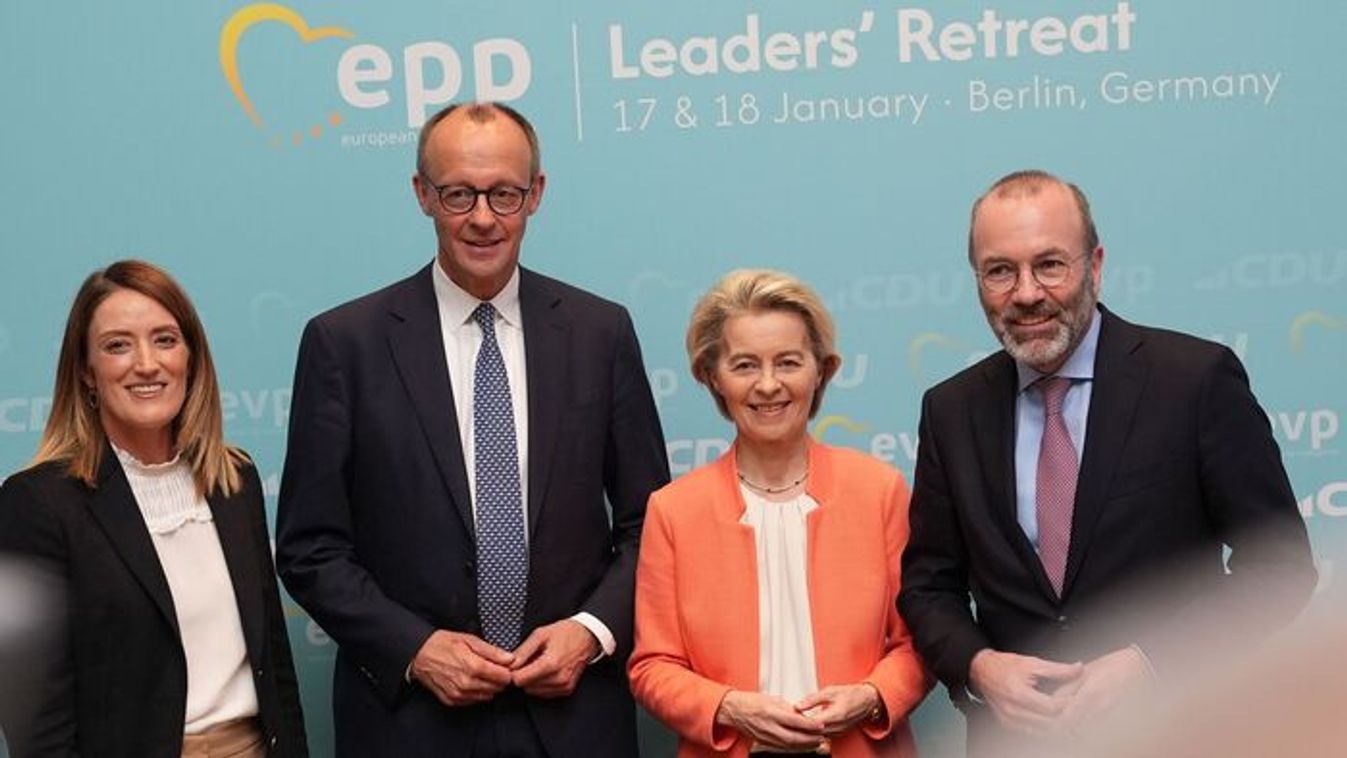Két út áll az Európai Unió előtt: az egyik a történet végét jelentené

Egyre világosabb, Orbán Viktor miért hangoztatja régóta, hogy a brüsszeli politika irányát meg kell változtatni.

„Szokásos és tipikus kettős beszéd, maszatolás, kétszínű politika” – így jellemezte a miniszterelnök brüsszeli beszédét a Jobbik elnöke.
Vona Gábor nem örül, hogy Orbán Viktor Magyarország belső vitáit külföldre vitte. Szerinte Brüsszelben inkább az olyan igazán fontos kérdésekről, kellett volna vitázni, mint például a magyarok alacsony bére.
A beszédet a „szokásos és tipikus kettős beszéd, maszatolás, kétszínű politika” jellemezte, hiszen amit a miniszterelnök Brüsszelben mond, az ellentétben van azzal, amit itthon a plakátokon hirdet – jelentette ki a Jobbik elnöke.
